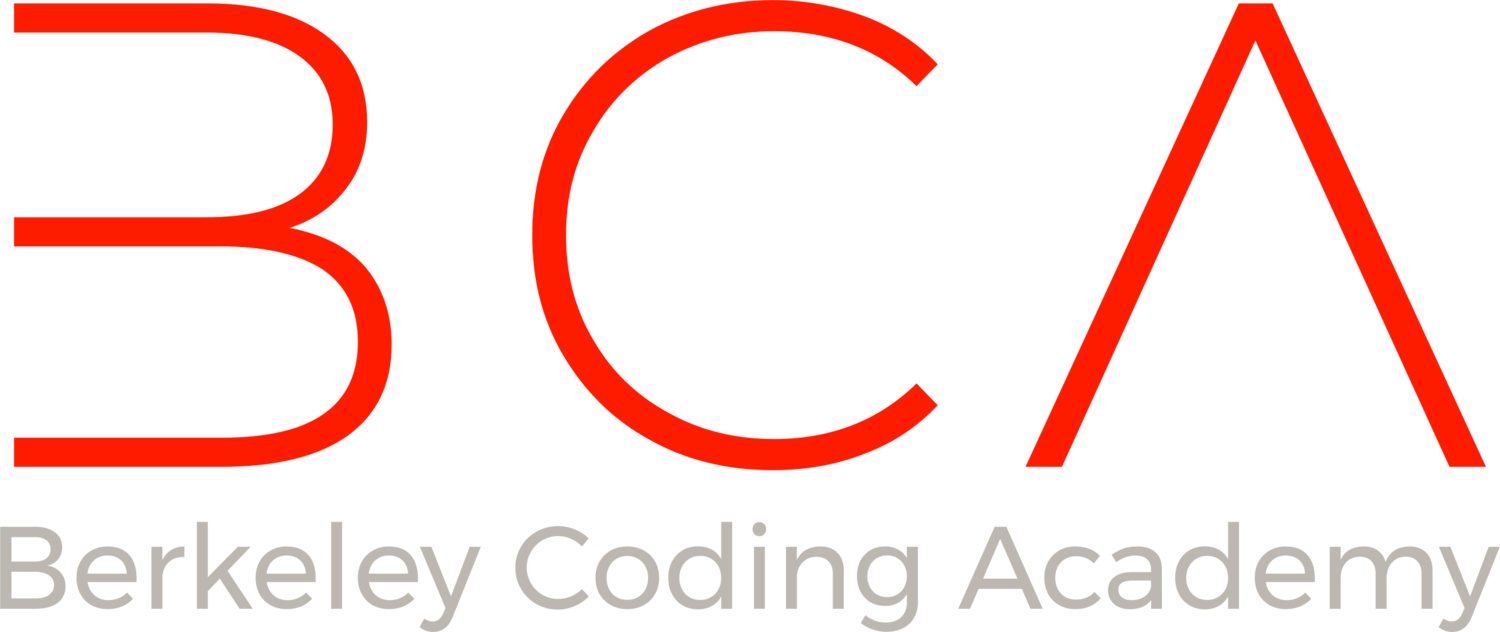Debating ChatGPT
In public education, the majority of focus centered around ChatGPT is how to prevent students from cheating. Teachers have cited many examples of students using ChatGPT to write papers for them. Some university professors are moving away from assigning papers and going back to blue book tests for this very reason.
When a programming student asked me if he could use ChatGPT to help him complete assignments, I said sure. He was taken aback. I mentioned that some programmers use ChatGPT instead of Google to find code-relevant information. Using ChatGPT as a reference is fine. Having ChatGPT do his work for him is pointless.
ChatGPT is awakening the world to deeper problems in education. Too many students, when suddenly presented with the opportunity to cheat, took advantage.
Perhaps there is a problem with the assignments themselves. If assignments can easily be reproduced by Artificial Intelligence, it could be that something in the assignment is lacking. It could be that we are asking too little of our students.
Additionally, the moral bankruptcy of our society cannot be ignored. When students are forced to take tiresome classes, and feel pressured to obtain the highest possible grade, education suffers. Education thrives when students genuinely want to learn. When learning becomes the focus, students don’t consider cheating.
As someone who teaches the code behind Artificial Intelligence, I have a different perspective than most. ChatGPT was a milestone because it exceeded expectations and delivered an impressive AI that anyone could communicate with. Since this milestone was achieved, corporations around the world have been transforming their infrastructures to accommodate Large Language Models (LLMs), of which ChatGPT is one of many examples.
On my way to see the total solar eclipse in Indianapolis on April 8, 2024, I will be staying in a Chicago hotel where robots provide room service. Many people are concerned about AI taking over human jobs. These concerns go back hundreds of years to the Industrial Revolution. But look at the jobs that they potentially open up.
I believe that all jobs have value. I also support scientific progress and the development of technology, like robotic vacuum cleaners, to do repetitive tasks for us. When our hands our free, our eyes can turn to the stars, and the mind can explore uncharted terrain.
With the rapid acceleration of LLMs and AI, people are needed more than ever who can actually work in these fields. The new jobs and research created may outstrip the jobs that they replace. And while focusing on jobs is understandable, it could be that our focus is in the wrong place.
My focus remains on education. Education has been changing too quickly and is proving too valuable to be relegated to the first 20-something years of human life. Education is indispensable to our future. Education must be an integral part of every year of human life so that we can embrace new technologies and continue to flourish. Instead of allowing jobs to define us, real education, the genuine passion to learn and to grow, can lead the way forward.
As an educator, I encourage students to be on the creating side instead of the receiving side of technology. Are students aware that it’s possible to train their own LLMs for tasks that go beyond writing papers or completing homework? What about training an LLM to help other students schedule classes or help parents find summer programs? What about writing music or poetry in tandem? What about collaborating with an LLM to create something original that no one has done before?
New technologies have always been havens for creative minds. Instead of limiting ourselves to convention, maybe we can be a little more daring, and a little freer, when considering the best options forward.
Corey Wade
Corey Wade is the director and founder of Berkeley Coding Academy. If you want to create your own ChatGPT but don’t know where to get started, he invites you to consider Berkeley Coding Academy. Data Science to AI and AI Applications are being both being offered in summer 2024 for middle school and high school students. 1-1 classes are offered year round for students of all ages.
